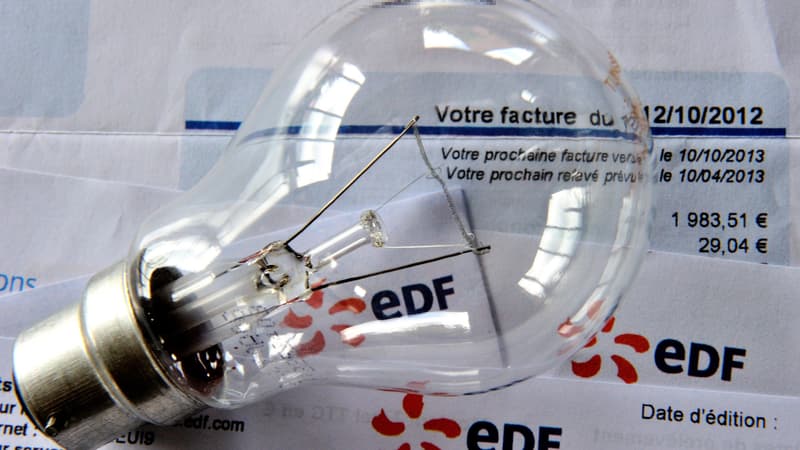Gabriel Attal, the Minister of Public Accounts, clearly announced this weekend: the tariff shield will be partially maintained next year. Therefore, the state will continue to spend billions to limit the increase in energy prices.
For the record, this year, according to the latest Bercy estimates, the total cost should reach 24,000 million euros (10,500 million for electricity, 6 for gas and 7.5 for the fuel bonus).
This economic effort of 354 euros per inhabitant is undeniably colossal, but if it had not been granted, France would probably not be the country in the European Union with the lowest inflation. Annually, for example, it exceeds 20% in the Baltic countries (Estonia, Latvia and Lithuania). But it is also much stronger in our closest neighbors like Germany, Spain or Belgium.
In France, inflation leads to automatic increases in public spending
This economic effort by the State to reduce household energy bills has another “advantage”: it reduces the impact of inflation on the State and Social Security budgets. Because one of the peculiarities of France is that the rise in consumer prices generates automatic increases in public spending: basic retirement pensions, social assistance (RSA, disability, family allowances, etc.) and even the minimum wage for civil servants.
Added to this are what can be called concerted revaluations: point of the public service index not indexed to inflation but forming part of the negotiations with the unions, supplementary retirement pensions and unemployment benefits whose revaluation is decided by the social partners (unions and entrepreneurs).
4,600 million euros more in public spending per point of inflation
Bercy has evaluated the cost of these upgrades. For each additional point of inflation, public spending increases by a minimum of 4,600 million and a maximum (if supplementary pensions, unemployment benefits, civil servants’ salaries are fully revalued) by 7,900 million euros. Bercy points out that these two figures take into account the increase in the burden of indexed debt.
To be concrete, we can compare the situation in France with that in Belgium. Among our neighbors, the State’s effort to reduce the energy bill has been much more modest: about 1,100 million euros, or less than 100 euros per inhabitant. But at the same time, the peculiarity of Belgium is that income (wages, pensions, social benefits) are automatically indexed to inflation. Therefore, this system is supposed to preserve the purchasing power of Belgian households.
Except that inflation in Belgium is above 10%. It is four points above ours. And four more points would mean for France between 18,400 and 31,600 million euros of additional public spending. Therefore, it is clearly more financially profitable for the State to act upstream, at the source of inflation, limiting the impact of rising energy prices.
Source: BFM TV


